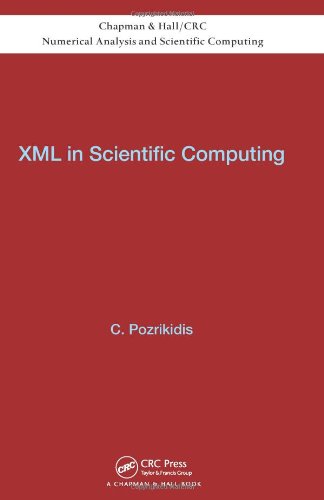

Most ebook files are in PDF format, so you can easily read them using various software such as Foxit Reader or directly on the Google Chrome browser.
Some ebook files are released by publishers in other formats such as .awz, .mobi, .epub, .fb2, etc. You may need to install specific software to read these formats on mobile/PC, such as Calibre.
Please read the tutorial at this link: https://ebookbell.com/faq
We offer FREE conversion to the popular formats you request; however, this may take some time. Therefore, right after payment, please email us, and we will try to provide the service as quickly as possible.
For some exceptional file formats or broken links (if any), please refrain from opening any disputes. Instead, email us first, and we will try to assist within a maximum of 6 hours.
EbookBell Team

4.7
66 reviewsWhile the extensible markup language (XML) has received a great deal of attention in web programming and software engineering, far less attention has been paid to XML in mainstream computational science and engineering. Correcting this imbalance, XML in Scientific Computing introduces XML to scientists and engineers in a way that illustrates the similarities and differences with traditional programming languages and suggests new ways of saving and sharing the results of scientific calculations.
The author discusses XML in the context of scientific computing, demonstrates how the extensible stylesheet language (XSL) can be used to perform various calculations, and explains how to create and navigate through XML documents using traditional languages such as Fortran, C++, and MATLAB®. A suite of computer programs are available on the author’s website.